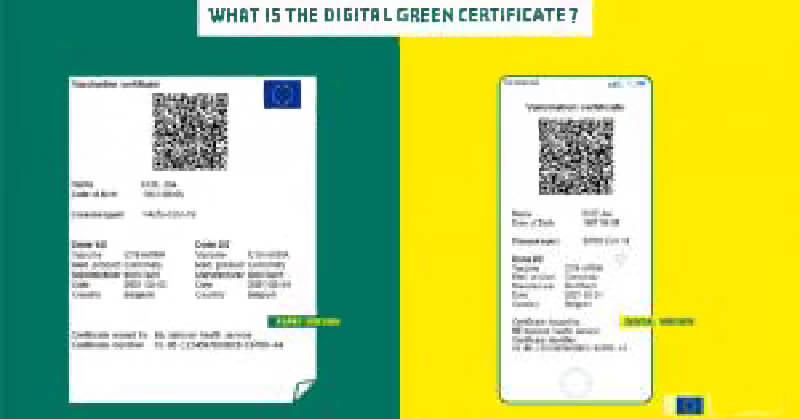Observed annually on 12 April, the International Day commemorates the date in 1961 when Soviet cosmonaut Yuri Gagarin carried out the first ever human space flight, opening the way for space exploration for the benefit of all humanity.
In a message, Simonetta Di Pippo, Director of the UN Office for Outer Space Affairs (OOSA), said that 60 years ago, “a new era for humanity began – with sky no longer the limit”.
“Astronauts are envoys of humankind in outer space, embodying talent, skills, and bravery; and stretching the boundaries of what we can achieve as a civilization.”
“Human space flight has changed our perspectives about the Earth, the universe and ourselves”, Ms. Di Pippo added.
Advancing sustainable development
In 2011, the UN General Assembly declared 12 April as the International Day of Human Space Flight to celebrate “the beginning of the space era for mankind, reaffirming the important contribution of space science and technology in achieving sustainable development goals and increasing the well-being of States and peoples, as well as ensuring the realization of their aspiration to maintain outer space for peaceful purposes.”
Directly or indirectly, space applications contribute to several Sustainable Development Goals (SDGs). For instance, space technologies can help optimize crop production and make the use of land, water, seeds, fertilizers and other resources more efficient, advancing Goal 2 on ending hunger.
Such innovations are all the more crucial given estimates that the coronavirus pandemic could push a further 132 million into hunger, adding to the 690 million globally who already do not have enough to eat.
FAO envoy to bring ‘unique perspective’
To highlight the importance of world’s agri-food systems, and help make them more resilient, inclusive, efficient and sustainable, the UN Food and Agriculture Organization (FAO) designated European Space Agency (ESA) astronaut Thomas Pesquet as its Goodwill Ambassador on Monday.
An advocate for climate action, Mr. Pesquet highlighted the effects of climate change and called for more respect for the environment during his 196 consecutive days on board the International Space Station (ISS) in 2016 and 2017.
The ESA astronaut brings “a unique perspective, from the vantage point of space”, Qu Dongyu, FAO Director-General said.
“Over the years, Thomas has helped raise awareness of the impact of climate change on agriculture, of the importance of access to nutritious foods, and of how critical it is for us to manage our natural resources wisely and reduce food loss and waste”, Mr. Qu added.
‘Earth is also a spaceship’
Accepting the nomination, the French ESA astronaut said his first space flight drastically changed his perception about the challenges the world is facing, drawing parallels between planet Earth and a spaceship.
“After all, Earth is also a spaceship, flying through space with limited resources. The problems are the same – a hostile environment that you have to deal with, limited resources that you have to share and there is a need to get along with crew members and work together to achieve your goals”, he said.
Mr. Pesquet is preparing for his second mission to ISS, which is scheduled to be launched on 22 April and to last for six months.












